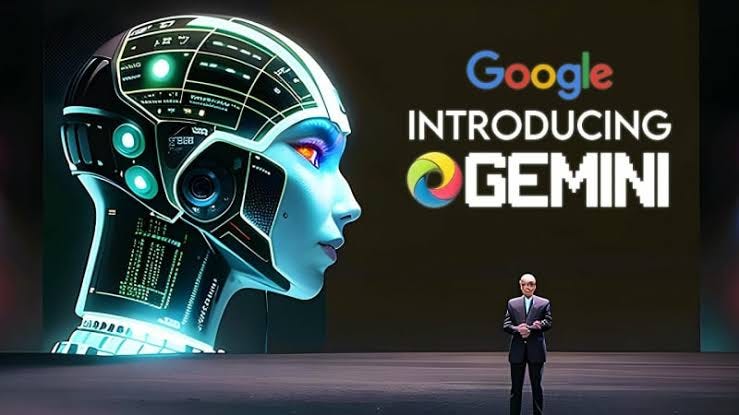
Voice-Based Mobile Apps: The Future of Social User Experience
Voice-based apps are becoming increasingly popular due to their convenience, speed, and accessibility. These apps offer a hands-free experience, allowing users to multitask efficiently and reduce screen time. They are also user-friendly, with an intuitive interface that caters to a wide range of users, including those with disabilities.
Hands-Free Usage: Eliminates the need for physical typing, holding the mobile - enabling efficient multitasking. Whether it's composing an email while doing household chores or overseeing children during meal preparation, this feature champions a new wave of practical feminism at home.
One of the significant advantages of voice-activated apps is their ability to enhance accessibility. Individuals with visual or motor disabilities can benefit greatly from voice commands, enabling them to navigate apps and perform tasks effortlessly. By incorporating voice functionality, entrepreneurs can make their apps more inclusive and accessible to a wider audience.
Another advantage of voice-based apps is their potential to streamline user interfaces. Instead of tapping through multiple screens or menus, users can simply speak their commands, making interactions more natural and efficient. Voice commands reduce the cognitive load and eliminate the need for users to remember specific actions, leading to a more intuitive and user-friendly experience.
Voice-based apps also offer personalized experiences based on individual needs. With advancements in natural language processing (NLP), artificial intelligence (AI) and machine learning (ML), these apps can understand and respond to user commands more accurately. They can learn from user preferences and provide personalized experiences, whether it's recommending meaningful content, suggesting best options, or providing human centric relations.
Furthermore, voice-based apps have opened up a whole new realm of possibilities for developers. By integrating voice technology into their applications, developers can extend the functionality of their apps and offer innovative features. For example, voice-controlled virtual assistants can be integrated into productivity apps, allowing users to dictate text, set up appointments, or search for information with ease.
Enhanced Educational Experience: Voice-based apps offer an interactive micro learning platform for children, making subjects like music and languages more engaging and effective.
Moreover, voice-based apps have the potential to break language barriers and cater to a global audience. By supporting multiple languages, these apps can reach users from diverse linguistic backgrounds, enabling seamless communication and interaction. Voice recognition technology continues to improve, making it easier for apps to understand and respond accurately to different accents and dialects.
In conclusion, voice-based apps are transforming the way we interact with our smartphones, making them more user-friendly, accessible, and personalized. As entrepreneurs continue to explore the possibilities of voice technology, voice-based only apps will become an essential part of our daily lives. The newer generations, particularly Gen Z and Gen Alpha, are moving away from traditional interaction methods, like manually operating devices or placing orders via phone. They value the ability to multitask efficiently and expect technology to cater to this preference. Hence, for brands aiming to resonate with these future consumers, prioritizing the integration of voice activation features is imperative.
- Saandip Mytreya N


